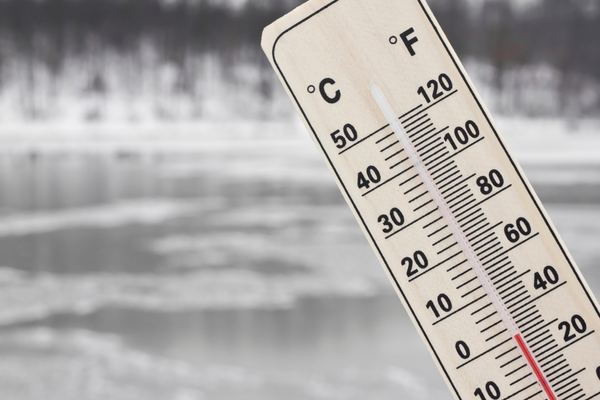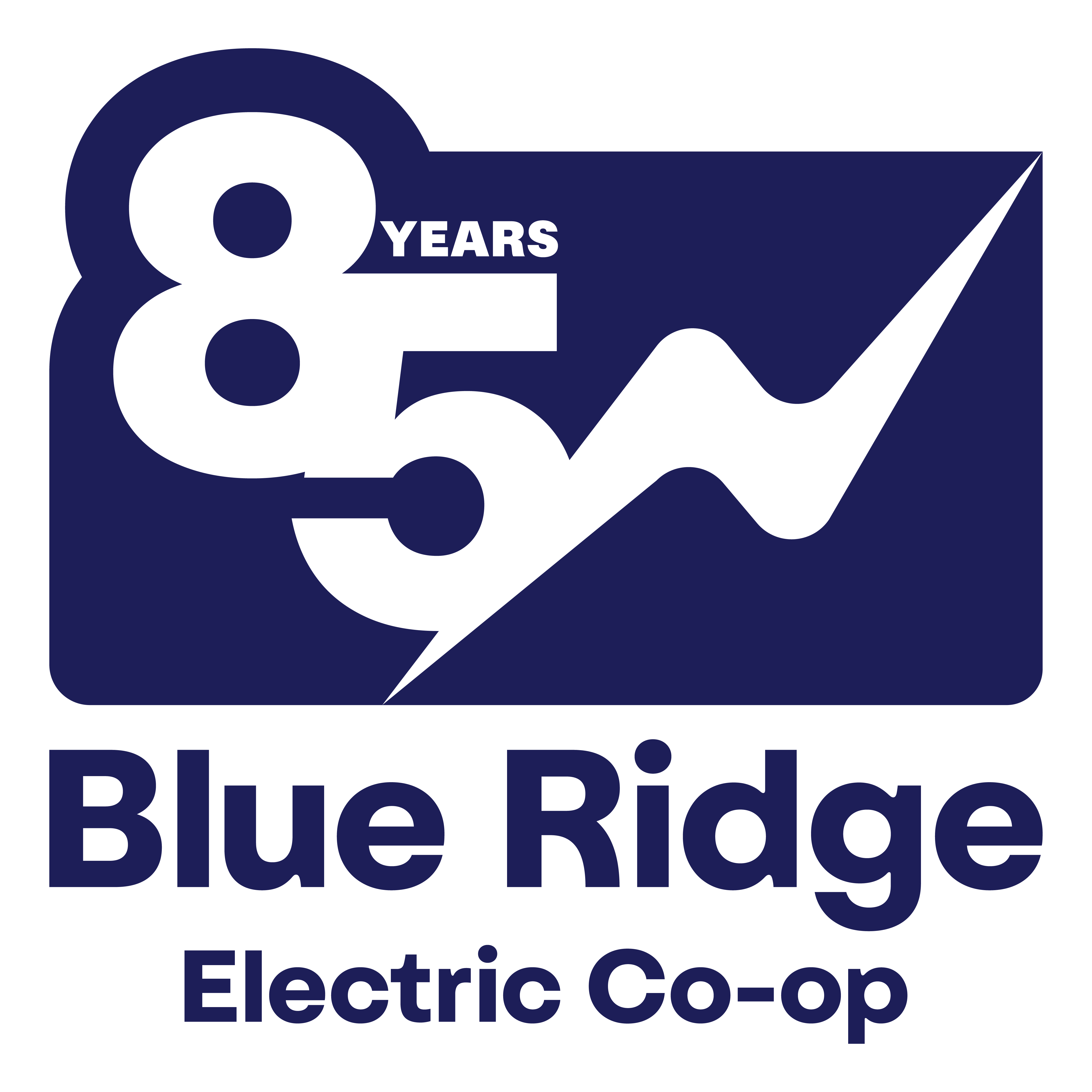
The extreme 2022 Christmas arctic blast that overspread much of the United States, including the Upstate, was one for the record books. On the morning of Christmas Eve, the low temperature of seven degrees Fahrenheit was the coldest ever registered here on that date. The bone-chilling weather hung around for another two days.
Weather-driven demands for electricity stretched the region’s generating facilities to the limit. On top of the below-freezing temps, as many as 500,000 North and South Carolina consumers were confronted with rolling power blackouts, some that lasted about six hours.
Blue Ridge Electric Cooperative is in the business of distributing electric service at the retail level. Consequently, Blue Ridge and the state’s other 19 electric cooperatives are members and owners of Central Electric Power Cooperative. On behalf of these 20 cooperatives, Central Electric negotiates purchased–power agreements with in-state and regional utilities that own and operate large-scale generating plants.
In addition, I would like to point out that while Blue Ridge Electric Cooperative is a fairly large cooperative and plays a significant role locally in providing electricity, we’re still a very small player in the overall energy industry. We do not generate the power we sell, nor do we own or operate a high-voltage transmission system. We do one thing—distribute power. Therefore, we have very little control over generation and transmission issues, including costs, other than the services that are defined through the long-term contractual obligations we’re promised with other utilities.
There can be little argument that the disruptions encountered during the recent severely cold weather were primarily associated with power generation. Unfortunately, some of the area’s baseload generating plants were out of service at Christmastime. Furthermore, renewables such as solar and wind were simply not operable during the early morning hours when the demand for electricity is at its peak.
The trend here in America and elsewhere has been to decommission baseload power plants, and that trend could be risky. To ensure the safety of Americans who reside in locales where near or below-zero temperatures are a possibility, there must be an adequate supply of baseload generation to meet the demand. Essentially, an uninterruptable flow of electricity, 24 hours a day, seven days a week, can be provided only via power plants that are fueled by either nuclear, natural gas, or coal.
I’m not opposed to renewable energy. It certainly has its rightful place in our generation mix. However, if this region and others around the country want to be safer and more secure, steps should be taken to ensure that adequate baseload generation facilities are at hand. Those facilities would provide a safeguard to see us through whatever Mother Nature might send our way.
In 2021, the state of Texas was hit with an unrelenting cold wave for seven consecutive days. Its generating fleet fell short of expectation and damage to human life and property were severe. Mercifully, our recent cold wave lasted only three days. Next time, we might not be so lucky.
Jim Lovinggood
President and CEO
